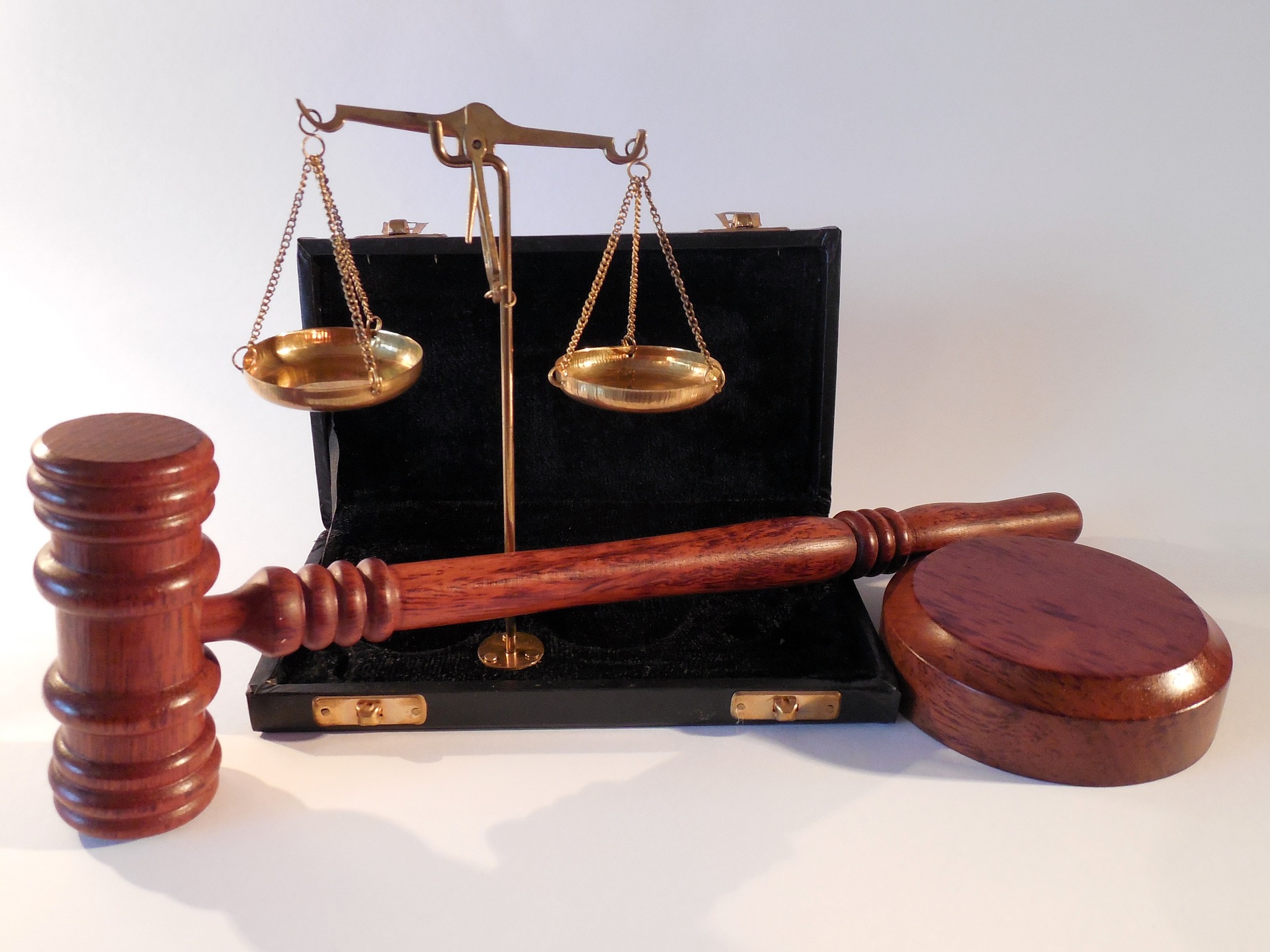You need to have a basic awareness of the legal ramifications of operating a company as a small business owner. Small firms must make sure they are aware of the commercial law repercussions of doing business in certain states or nations.
Since the internet has made it simple to do business with anybody in the globe, it is always advisable to be aware of the regional commercial law sydney legalities in each location. An entrepreneur has to be aware that the regulations for doing business in Nigeria and New York are different. A small company owner must make sure they thoroughly evaluate and research the commercial law terms and ordinances of every nation they want to do business in.
Before doing business in various nations throughout the globe, keep the following in mind:
- Have a basic awareness of the commercial law and ordinances governing conducting business in that nation.
- Ensure that you have all the necessary documentation and permits to do business in the nation.
- To make sure you are not breaking any commercial law or engaging in any unlawful activities, it is a good idea to contact a local company attorney in that nation.
Having a business contact in the nation you want to conduct business in is always a smart idea. Customers may get in touch with that person as the representative if they have any questions or difficulties. The business contact will also make sure that all business activities are legal, that the firm is up to date with local business regulations, and that any payments associated with doing business (such as license renewal costs and business taxes) are paid promptly.

You do not need a master’s degree in business to be an entrepreneur, however it is advised that you take some business courses. As a result, you will be guaranteed to have some understanding of what it takes to manage a successful company. The best thing about starting a company in the twenty-first century is that one may attend business lessons online from the convenience of their home. Additionally, there are several organizations that help people launch their own enterprises. As a result, it is advised that all aspiring company owners get the essential training. You may guarantee that you can continue in business for a long time by enrolling in courses that are tailored to your industry. Additionally, you’ll make sure that the company can continue operating and won’t have to shut down for lack of information. Anyone may start a small company, but in order to succeed as a business owner, you must have some kind of education.
The most crucial need for becoming a successful company owner is having a basic knowledge of commercial law. Even before starting a company, you must be familiar with the fundamental principles of commercial law.
Any entrepreneur should be aware of the following eight fundamental principles of commercial law:
First Fundamental Concept:
What is intellectual property? Any concept that is created to create goods and services that will be sold to consumers and bring in money for the creator is considered to be intellectual property. Business concepts, goods, services, innovations, trade names, and trademarks all fall under the category of intellectual property. Businesses must take all necessary precautions to prevent third parties from stealing or violating their intellectual property. The best option for an entrepreneur to safeguard their intellectual property is to submit applications for patents, copyrights, or trademarks to their local government.
Second Basic Concept
What are the requirements for contracts or commercial agreements? A contract’s primary purpose is to make a single or a series of commitments that are legally binding. Offer and acceptance are the two elements of every deal. Since the conditions of the agreement are outlined in the offer, it is the first stage in the contracting process. The individual who makes the offer is referred to as the offeror, and the recipient is referred to as the offeree.
The following three conditions must be completed in order for anything to qualify as an offer:
1. The offeror must now be intending to enter into a contract, as shown by an objective indicator.
2. The purported offer conditions must be clear and detailed, according to requirement number two.
3. The offeree must have been informed of the purported offer in some way.
The acceptance is the second part of the agreement. According to Restatement (Second) of Contracts 50, “An acceptance is a display of acquiescence to the conditions of the offer delivered by the offeree in the manner encouraged or required by the offer” (1981).

The following three criteria will be considered by the court to decide whether the offeree has accepted the offer and created a contract:
1. The offeree’s desire to sign a contract with the offeror.
2. Whether the offeree accepts the conditions put out by the offeror.
3. The third consideration is if the offeree informed the offeror that they accepted the conditions.
The offeree must wish to do business with the offeror, which is the most crucial feature of the acceptance component. The terms of a contract or agreement might be accepted in a variety of ways.
The following are a few methods to consent to the conditions of a contract or agreement:
1. Has the option to accept the conditions orally or by a handshake and verbal agreement.
2. You have the option to accept the conditions by mailing a notification (mailbox rule).
3. Acceptance via shipping.
An offer and acceptance of the conditions of that offer are essential components of any commercial law agreement or contract.
Third Fundamental Concept:
What is Product Liability? When a client sues a company for a faulty product that led to their loss or injury, this is known as product liability.
The following list includes a number of hypotheses addressing compensation under product liability:
1. Goods warranties, which deal with claims about the nature of the product provided to consumers, are covered under contract theories. In these civil warranty claims, the plaintiff often alleges that the goods fell short of the seller’s guarantees. In most cases, the defendant is charged with product negligence. The implied warranties for the products are the implied warranties of fitness, merchantability, and express warranty.
2. Tort theories deal with the plaintiff’s allegation that the defendant was negligent and as a result caused the plaintiff either physical injury, emotional distress, or financial loss. Due to the plaintiff’s exposure to the product, they sustained severe physical harm, massive property damage, and significant financial loss. Negligence, strict responsibility, and actions committed in accordance with the Restatement (Third) of Torts are examples of tort liabilities that may be applied.
More to read: Crucial commercial laws every business owner should use



